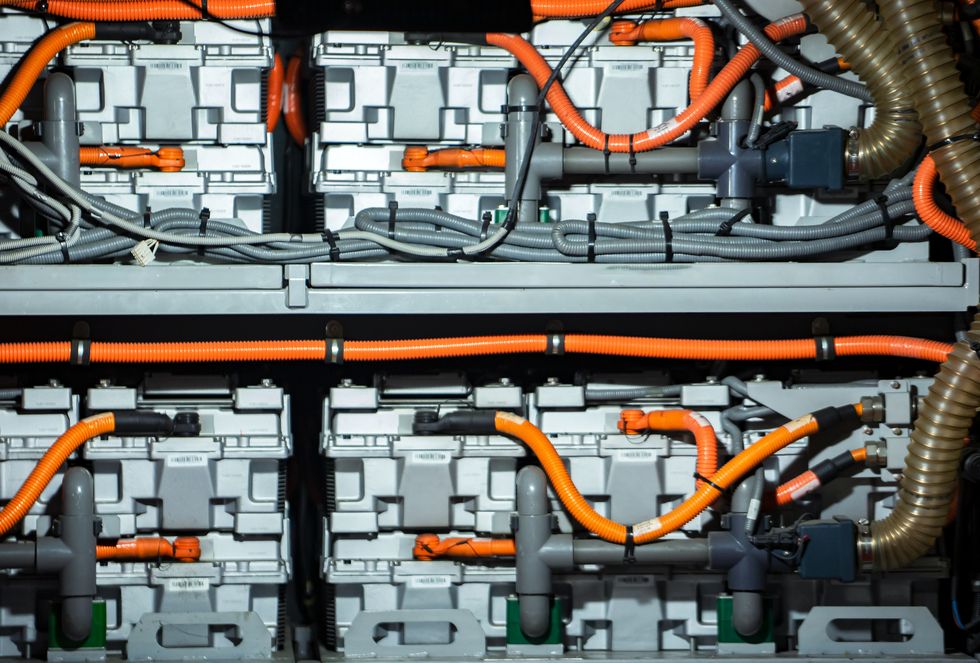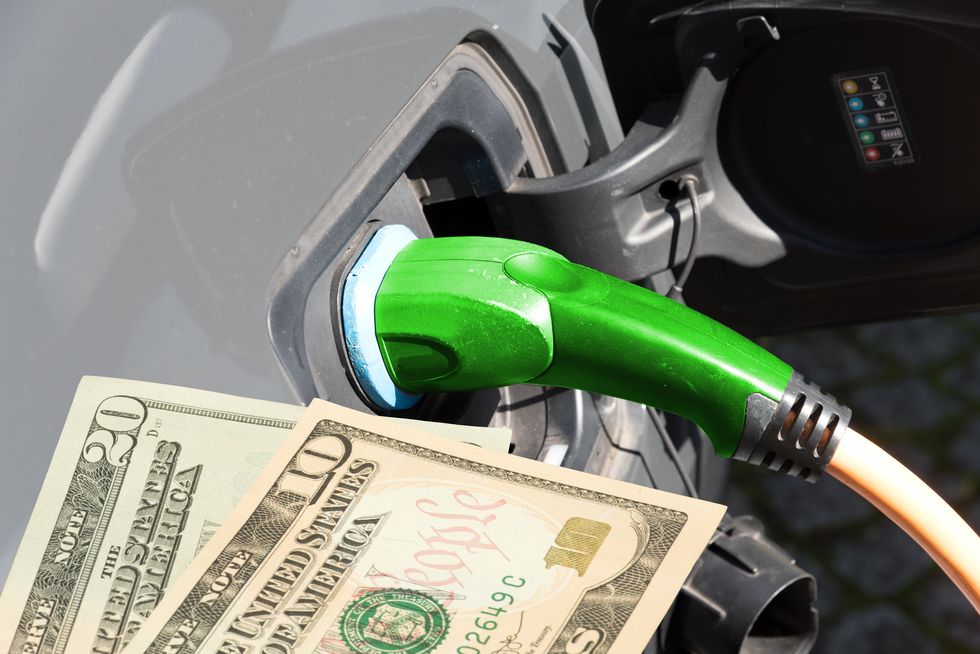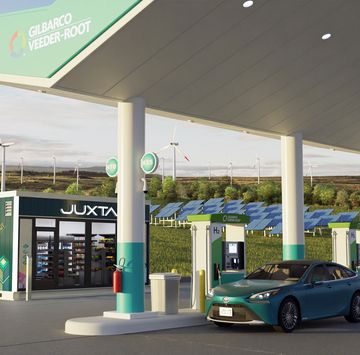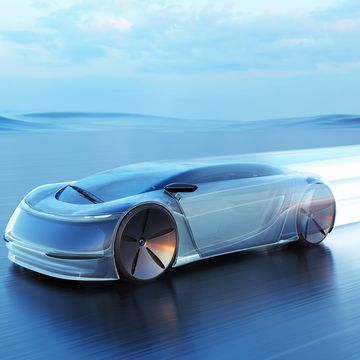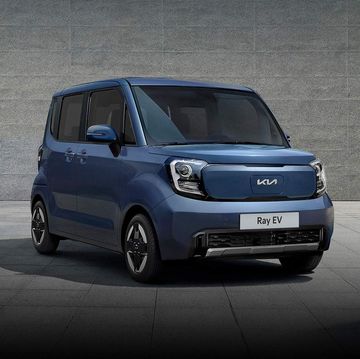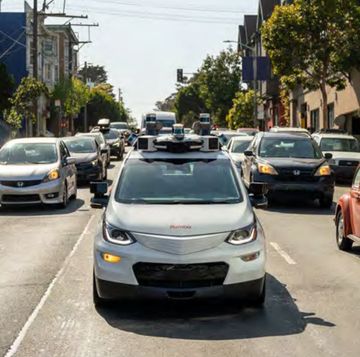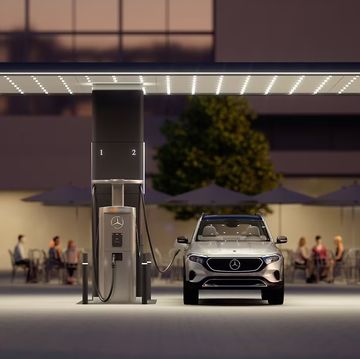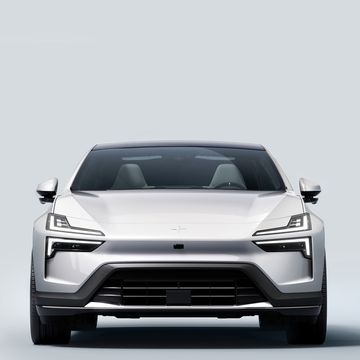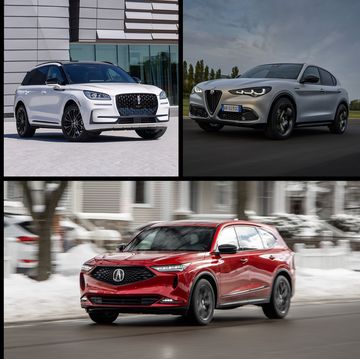Most people understand that electric cars are far different than the gas-guzzling vehicles of the last century, but there are still plenty of misconceptions about battery-powered automobiles. Many people believe that electric cars catch fire at a much higher rate than gas vehicles and that the battery pack under the floor of an EV is a ticking time bomb. Though fire is something everyone should be alert for, it's not an imminent danger for EV owners. Let's take a look at how common lithium ion battery fires are and determine if the safety risks are elevated for people in electric cars.
How Common Are Electric Vehicle Battery Fires?
There are a few ways to look at electric vehicles and battery fires related to them, but it's important to remember that comparing apples to apples between EVs and traditional gas cars doesn't yield an accurate result. Electric vehicles accounted for less than two percent of vehicle sales in the United States in 2020, so there will naturally be far fewer electric vehicle fires.
A better way of looking at electric vehicle fires is to compare the number of fires per 100,000 vehicles sold. Researchers from insurance deal site Auto Insurance EZ compiled sales and accident data from the Bureau of Transportation Statistics and the National Transportation Safety Board. The site found that hybrid vehicles had the most fires per 100,000 sales at 3474.5. There were 1529.9 fires per 100k for gas vehicles and just 25.1 fires per 100k sales for electric vehicles.
The reason why it's easy to think that electric car fires are so common is because EVs are still novel and still unknown to a large portion of the public. News and media outlets report on electric car fires more often because of its, which can make it seem like they are a common occurrence. What's more, when there are highway vehicle fires, they can require a tremendous amount of effort from emergency personnel to extinguish the blaze. A chain reaction inside the batteries—sometimes called thermal runaway—can occur when the battery generates more heat than it can dissipate.
Lithium-ion batteries also burn hotter and can last much longer than gas, which tends to burn out quickly. Lithium-ion battery fires can take tens of thousands of gallons of water to extinguish. The National Fire Protection Association notes one EV fire in Texas required more than 30,000 gallons of water after a crash. Fire departments aren't always equipped with trucks and other gear to deal with that. Emergency responders and firefighters must follow different response guides than for gasoline fires, and need training to properly extinguish the blaze.
The National Transportation Safety Board (NTSB) has found that many automakers have incomplete or inadequate emergency response guide notes on EVs, but change will come in time. As electric cars become a larger part of the overall vehicle market, manufacturers, law enforcement powers, and product safety advocates will likely develop updated industry safety standards and response methods to cope with the vehicle fire issues.
Types of Electric Car Battery Fires
The most commonly reported types of electric vehicle battery fires tend to end up being one of two things. In some cases, batteries have caught on fire after the vehicle was involved in a collision or after the car batteries have been damaged in some way. Automakers have reinforced battery protection in recent years to reduce the safety risks in an EV after a collision.
Other fires occur during charging, which is the case with recent vehicle fires that have made the news recently and resulted in safety recalls, to the cost of billions of dollars. Investigation shows that the affected vehicles' battery cells had an identified manufacturing defect that increased fire risks when charging.
What are the pros of owning an electric vehicle?
REDUCED MAINTENANCE
Worries over EV fires aside, it's true that gas vehicles are usually less expensive and easier to refuel, but there are several benefits to owning an EV that have nothing to do with costs. One of the biggest pros is the reduced need for regular maintenance. There are no oil changes, no mechanical components to break underhood, no exhaust system, and the life of other components such as brakes can be extended. Many people report that driving an electric car is more relaxing than a gas vehicle, because of the lack of engine noise.
MORE PERFORMANCE
Many electric models offer significant performance benefits over gas vehicles as well. This applies not only to intended high-performance cars from well-known sports car makers, but even to everyday commuter vehicles. The immediate torque and acceleration can make electric cars exhilarating to drive, and make them quicker than most people expect, depending on driving habits.
TAX INCENTIVES
There may also be tax credits available, depending on the electric car you opt for. The United States government offers a one-time tax credit of up to $7500 to buyers of eligible electric cars—and various states offer tax credits on select models, too—which lowers the effective cost of the purchase.
All of that, and we haven't even mentioned the complete reduction of greenhouse gas emissions in everyday driving and the fact that gas prices fluctuate wildly. Fuel costs are a big motivator for many buyers.
What are the cons of electric cars?
ACCESS TO CHARGING
There are a few downsides that might not be immediately apparent when you are standing on the dealer's lot trying to make a car purchase. Depending on your location, you may or may not have ready access to charging stations. This is especially true for people who live in apartment buildings or those who rent, as it can be impossible to install a home charging system.
CHARGING
You may also find that electric cars take too long to charge, even if there is a charging station nearby. Unlike filling up a gas tank, which can take a few minutes, most electric vehicles take much longer to recover a sizable portion of their range. This can make road trips impractical for many, as the requirement to stop and charge for half an hour or more can turn a simple trip into a long, painful one.
COST TO BUY
Last, there is the issue of purchase cost. Electric cars, no matter the type, size, or technology, are usually more expensive than comparable gas vehicles.


